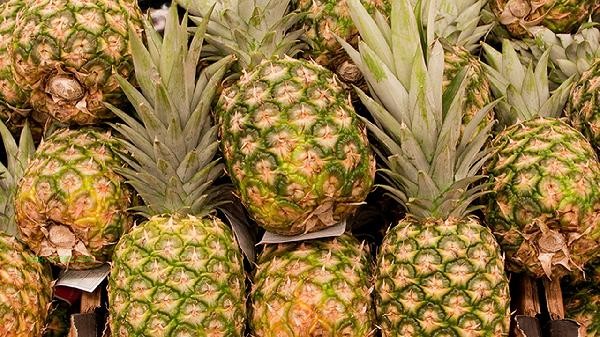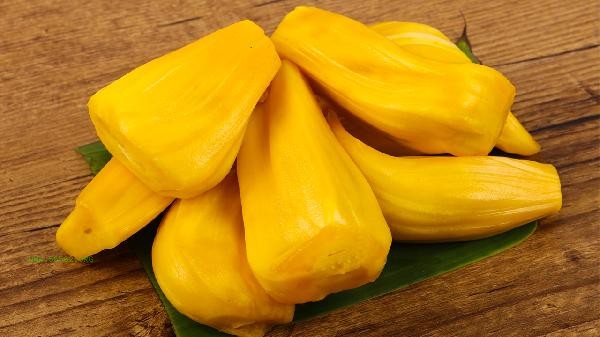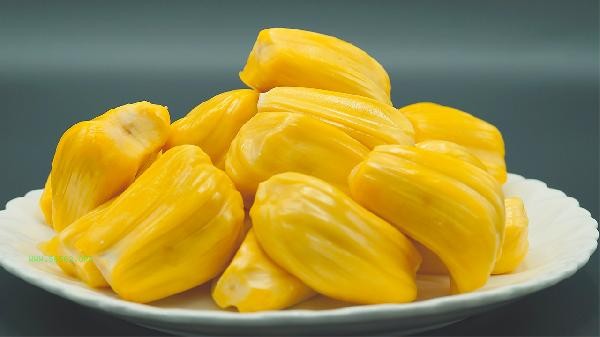When jackfruit is not ripe, it can be accelerated by fruit ripening, high temperature ripening, rice ripening, newspaper wrapping ripening, ethylene ripening and other methods. The immature jackfruit tastes raw and astringent, and reasonable ripening can improve the eating experience.

1. Fruit ripening
Seal and store unripe jackfruit, apple or banana and other fruits with large ethylene release. The natural ethylene gas released by these fruits can activate the enzymes in jackfruit, which can soften the pulp in 2-3 days. Pay attention to checking daily to avoid excessive maturation, and prevent the sealed environment from producing moisture that may cause mold growth.
2. High temperature ripening
Placing in a warm environment of 25-30 ℃ can accelerate metabolic activity. It can be placed on a windowsill with direct sunlight or next to a heater, as high temperatures promote the conversion of starch into sugar. It is necessary to flip the fruit every half day to ensure even heating and avoid local overheating and decay. It takes about 3 days at room temperature in summer, and it is recommended to use other ripening methods in winter.
3. Rice ripening
Completely bury jackfruit in dry rice for storage. Rice can absorb excess water to prevent spoilage, and its enclosed space can also accumulate ethylene released by the fruit itself. It is necessary to flip and check the maturity every day. This method is suitable for green fruits with high hardness and usually takes 4-5 days to complete ripening.

4. Newspaper Wrap
Wrap the newspaper and place it in a cool and ventilated place. The thermal insulation of newspapers can maintain a suitable temperature, and the slight breathability of paper helps with ethylene cycling. Before packaging, gently pat the fruit to promote ethylene production, and change the newspaper every 24 hours to prevent moisture accumulation. This method has a slower ripening speed, taking about 5-7 days.
5. Ethylene ripening
Treatment with ethylene gas or ethylene solution is the fastest and most effective. However, caution should be exercised in controlling the concentration during household operations, as excessive amounts can cause the flesh to become too soft or produce an unpleasant odor. It is recommended to prioritize physical ripening methods. If chemical ripening agents must be used, they should be strictly operated according to the product instructions and adequately ventilated. During the ripening process, the softening degree of the fruit should be checked daily, and it should be consumed immediately or stored in refrigeration after ripening. The fully mature jackfruit flesh is golden yellow and gives off a strong sweet smell, and the shell is elastic when pressed. Avoid consuming fruits that are not fully ripe, as they contain proteases that may irritate the oral mucosa. If the flesh is still white after cutting, it can be wrapped in plastic wrap and left at room temperature for 1-2 days. Daily storage of immature jackfruit should avoid cold storage, because low temperature will inhibit the ripening process. If the flesh shows black spots or a sour taste after ripening, it has spoiled and is not edible.










Comments (0)
Leave a Comment
No comments yet
Be the first to share your thoughts!